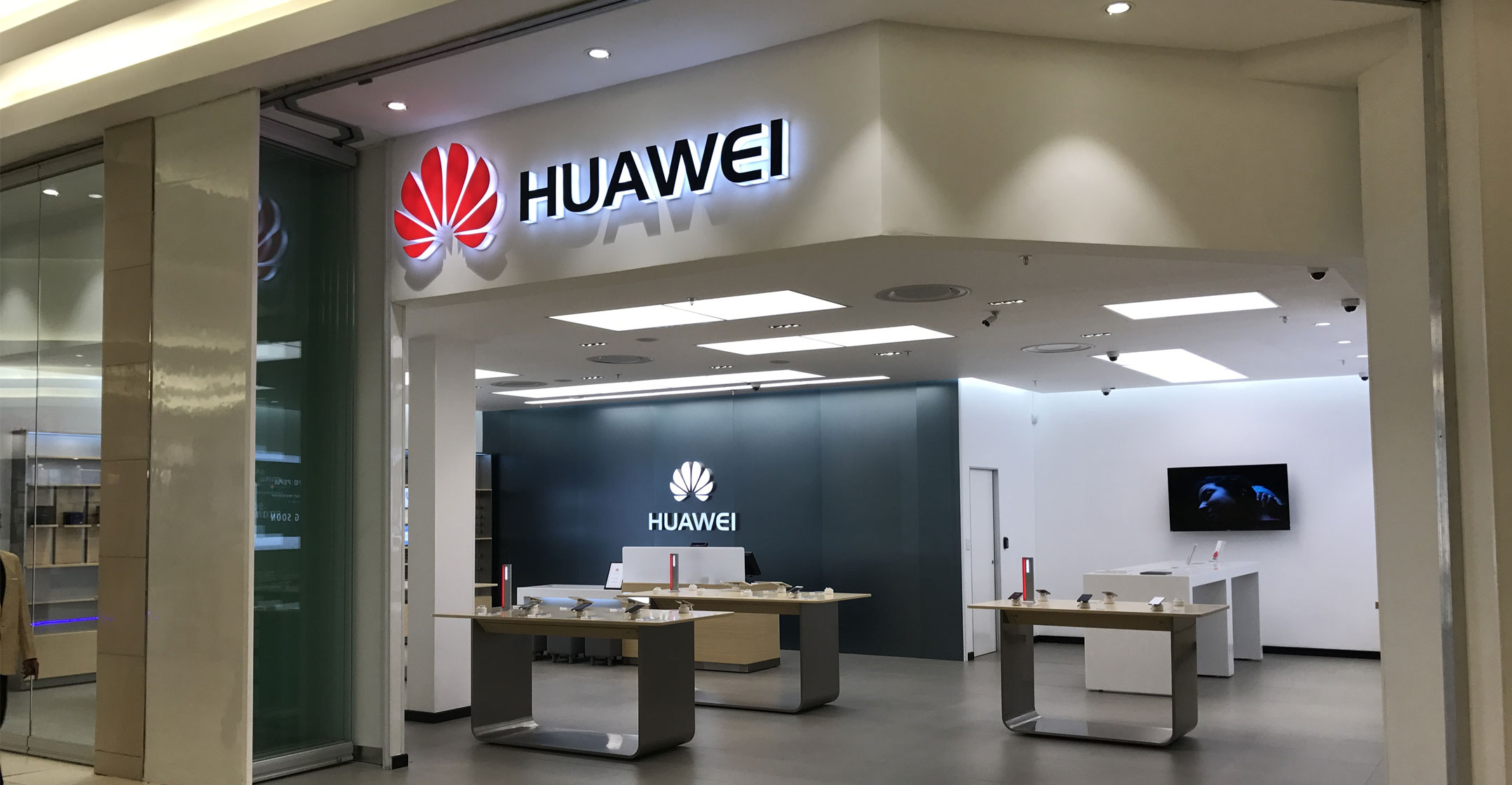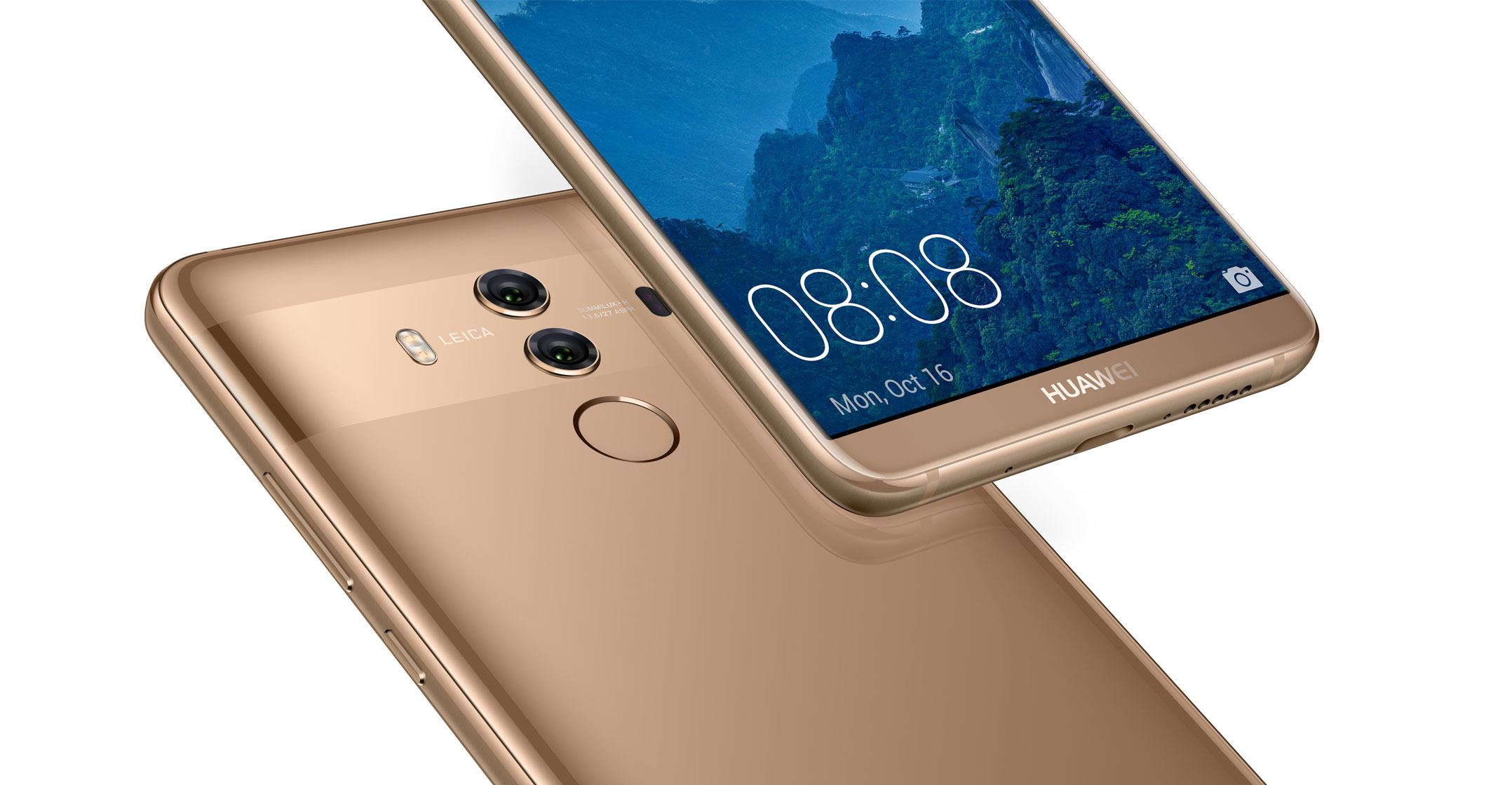
Five Huawei-branded stores have been closed after an ugly dispute over non-payment allegedly amounting to millions of rand to a local partner of the Chinese consumer electronics giant.
Nisaar Ally, owner of Fantastic 1 Mobile, which built five stores in prime shopping malls for Huawei, said this week that his company is owed R22m and is now taking legal advice. He said he may pursue the matter in court — if his legal counsel advises him to do so.
Fantastic 1 was forced into business rescue in June as it “could not maintain the rental, staff salaries and marketing” expenses on its own, Ally said. Fifty employees were retrenched as a result.
News of the dispute comes after another Huawei partner, Smartlab, became locked in a court battle with the company over apparently similar problems related to stores in Melrose Arch in Johannesburg and Canal Walk in Cape Town. Smartlab wasn’t able to comment in detail, but a company executive confirmed it has been “in litigation with Huawei” for months.
Huawei said in e-mailed response to questions from TechCentral that it won’t comment on the agreement with Fantastic 1 Mobile, citing confidentiality provisions, but denied any wrongdoing or being in breach of any agreements with its now former partner.
But Ally said Huawei is in breach of its agreement. He said it owes his company R22m, but has paid only R639 308 to date.
Ally closed the stores at the end of October 2017.
Huawei sent Ally a letter on 4 September 2017 in which it said it was “enforcing its right to cancel the agreement and all store plans in their entirety” with effect from 4 December 2017. After receiving the termination notice, Ally was advised to close the stores or risk running up further liabilities.
Fantastic 1 signed the agreement with Huawei in late 2016 to build as many as 13 Huawei-branded retail stores across South Africa. Five were opened, Ally said.
Support
He said Huawei agreed to support the stores through helping pay rents as well as marketing and staff incentive costs for between three and five years, depending on the lease periods entered into for the various stores. He was forced to close the outlets as they were costing almost R1m/month in rentals, with no financial support from Huawei forthcoming.
“They (Huawei) were supposed to pay on presentation of invoices. Last November, they said they were sorting it out, but I’ve had no support whatsoever from Huawei. They haven’t been forthcoming and use delaying tactics all the time.”
He claimed that Huawei told him that if he wanted the money, he should sue the company. “They kept saying they’d pay, and we’ll pay you later. But they wanted to walk in and take over the stores.”

In its e-mail to TechCentral, Huawei denied it wanted to run the stores itself. “Huawei has a long-term global strategy of working with partners who have experience in retail,” it said. “This will continue in South Africa as Huawei continues to grow in terms of brand awareness and our stores will amplify this strategy.”
It said it will grow its retail network to 56 000 stores worldwide by the end of the year. “These stores reflect the high-end, premium image that Huawei has cultivated around the world. We will continue to work with local partners in every country to achieve this.”
On 1 June, Huawei sent a cease-and-desist letter to Fantastic 1 objecting to the company’s use of its brand for marketing purposes, which it said was not permitted in relation to the brand stores or the agreement between the parties. It accused its partner, among other things, of using Argentinean footballer Lionel Messi’s image without authorisation and in contravention of Huawei’s global usage rights.
Ally said the materials were used on Huawei’s own site. “We took these and placed them on our site to promote (the brand), and when they informed us via e-mail, we immediately responded and removed (the materials) to adhere.”
He said Fantastic 1’s website and social media accounts were getting more traffic than Huawei’s at the time, and suggested this was causing discomfort.
Ally, who has worked in the cellular industry since 1996 and who has previously owned MTN and Vodacom stores, said Huawei picked him to open and manage the stores because of his experience in the sector as well as his relationships with landlords of shopping malls across the country.
He said he signed leases effective from 1 December 2016 and had to provide significant rental deposits to secure upmarket sites. “I can’t take this lying down,” he said. “I have spent one-and-a-half years getting this off the ground.” — © 2017 NewsCentral Media




